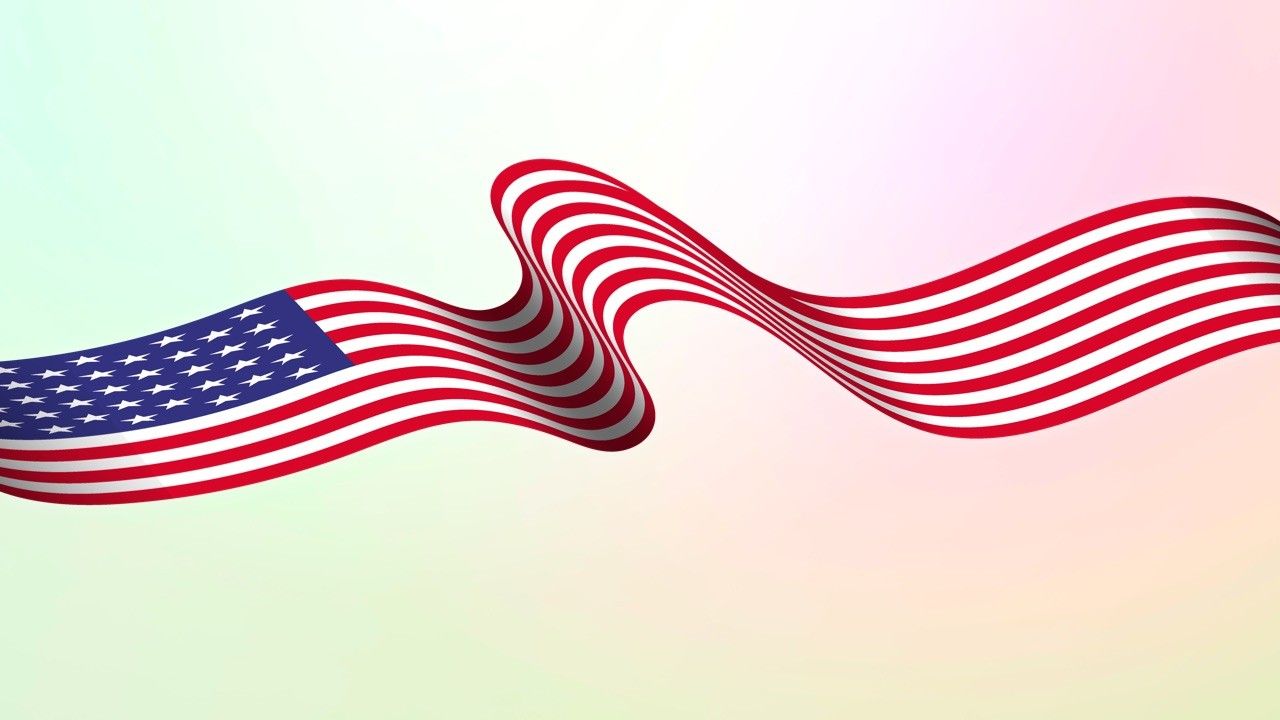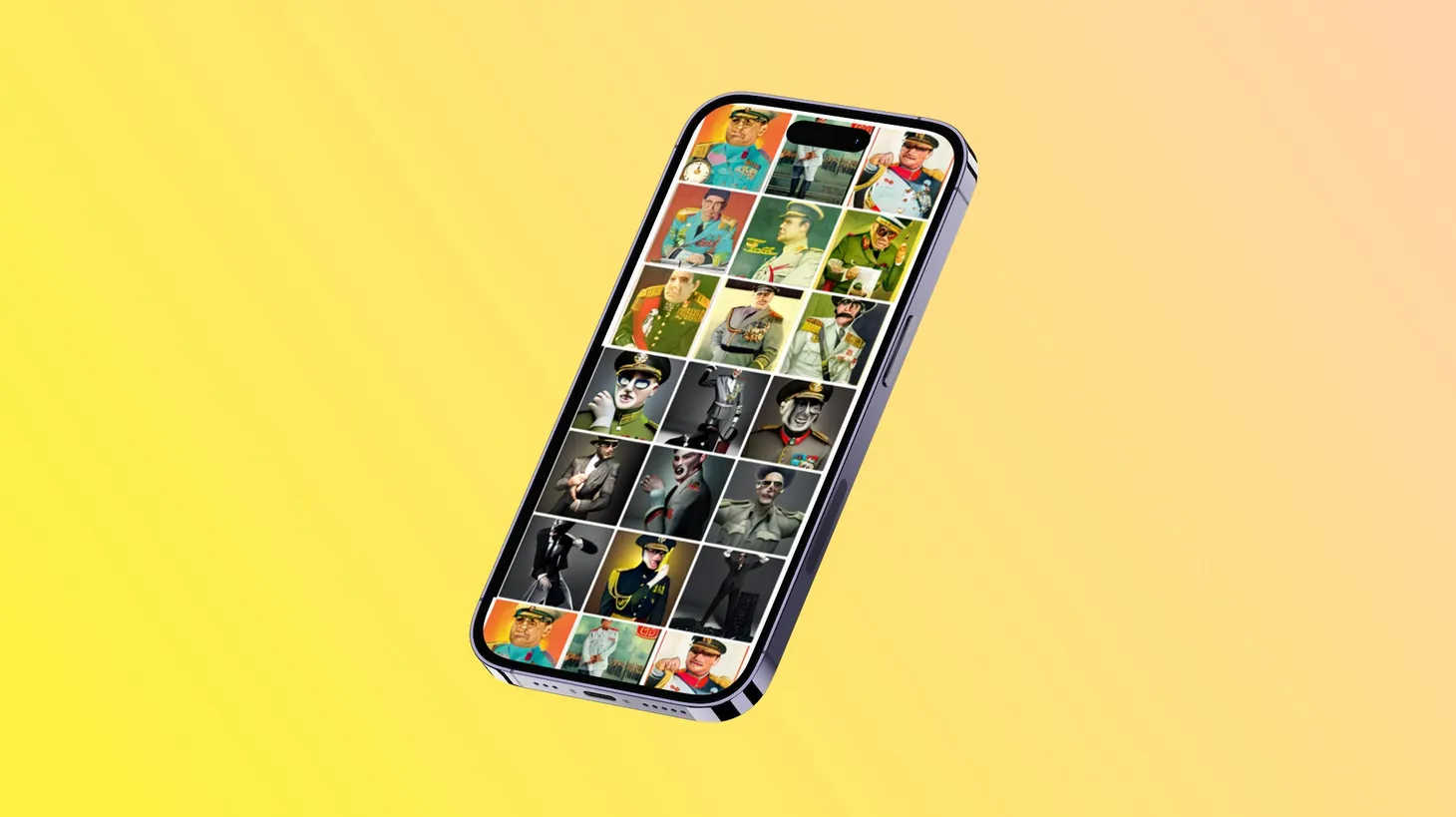The American Meme

China approaches memes in the same way it approaches pandemics. Its "Zero Covid" policy aims to control tiny aerosol particles that carry infectious viruses. And its censorship policy seeks to control tiny bits of information that carry contagious ideas.
As I pointed out in The Meme Leak Theory, China doesn't just ban political content and reports about unrest in Tibet or Xinjiang; it also cracks down on content that displays "unproductive" things like tattoos, LGBTQ people, and hip hop. We can call this the "Zero Meme" approach.
America's approach is different. It does not aspire to bring Covid to "zero," and it has the world's most vibrant market for ideas of every kind. In America, every idea gets its moment in the sun, and every idiot (or lunatic) gets their fifteen minutes of fame. At one point or another, every member of the population gets infected with "unproductive" ideas or behaviors.
When it comes to Covid, America's approach resulted in more than a million deaths and the development of multiple vaccines that saved millions of lives across the world. Vaccines and other innovations (such as remote workflows) ultimately enable America to live with the virus. These failures and achievements are emblematic of America: Freedom unleashes human ingenuity and potential, but freedom comes at a cost.
The cost of freedom is even more evident in the world of memes. America is a petri dish of conspiracy theories, hate speech, and bad advice. But over the long term, America is also uniquely capable of embracing good ideas and of neutralizing bad ones.
Much of it has to do with the dynamism of American markets: America's greatest strength is its ability to take subversive ideas and turn them into multibillion-dollar industries. In America, LGBTQ is a marketing segment, Black Lives Matter is a corporate slogan, and Climate Change is an investment strategy. Ideas that matter get amplified and funded through sheer greed and cynicism. This is not ideal (it would be nice if we all supported the right causes out of pure goodness). But it is much better than the suppression of subversive ideas that exist in other places. America's approach enables and embraces change — slowly, imperfectly, and painfully.
Complexity theory offers a different way to look at this process. As Taleb and Blyth point out in their analysis of the Arab Spring:
"Complex systems that have artificially suppressed volatility tend to become extremely fragile, while at the same time exhibiting no visible risks. In fact, they tend to be too calm and exhibit minimal variability as silent risks accumulate beneath the surface. Although the stated intention of political leaders and economic policymakers is to stabilize the system by inhibiting fluctuations, the result tends to be the opposite."
America embraces volatility while China suppresses it. This makes America seem chaotic while its main adversary has "everything" under control. We've seen this story before. The collapse of many autocratic regimes was unthinkable until it happened. This does not mean America is not at risk, and we'll return to this point in a moment.
Growing up in Israel, whenever I commented on the silliness of American TV shows, the glibness of American politicians, or the blandness of American fast food, my father would say: "Yes, but they went to the moon." My father grew up in orphanages across Romania. He was allowed to leave the country only after someone literally bought his soul from the Communist Government. When he pointed at the moon, my dad understood something about America that I couldn't see at the time.
That's a nice story, but isn't America now very different from the America that went to the moon? It's easy to imagine that things were fundamentally different back then. But were they?
America landed on the moon while its young were experimenting with new drugs, music, and ideas. It landed on the moon while it was viciously divided over the war in Vietnam. And it landed on the moon in a decade that saw the political assassinations of John F. Kennedy and Martin Luther King Jr. — one of its most beloved presidents and its greatest advocate for universal human rights, respectively.
We are living through a period of unprecedented technological, economic, and social change. Adapting to change requires us to embrace volatility and intense debate. But embracing volatility is not enough. America might be at less risk, but it is still at risk. It is less likely to collapse, but it can still collapse. Our biggest challenge is to figure out how to embrace change and volatility and limit the toll they take on regular people.
To do so, we must reconcile ideas that seem to be at odds. We can have quality public education and healthy debate. We can have a solid safety net and encourage more entrepreneurship. We can disagree vehemently and be proud to live in a country that allows us to voice our opinions and exercise our beliefs. We can point out all of this country's shortcomings and past mistakes and believe that it will continue to change for the better — slowly, imperfectly, and painfully.
Dror Poleg Newsletter
Join the newsletter to receive the latest updates in your inbox.




